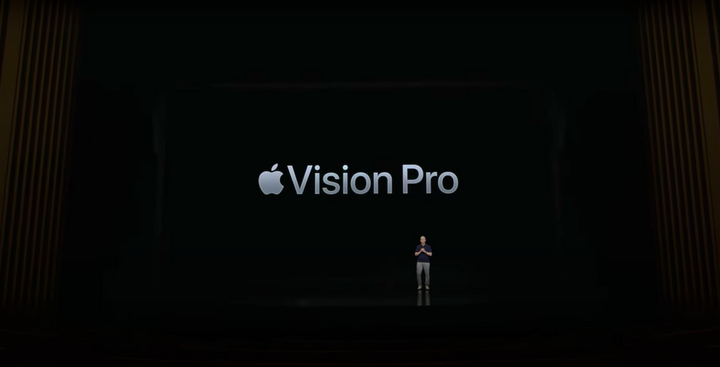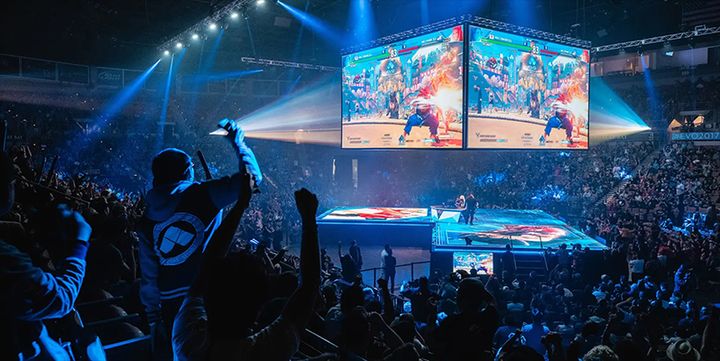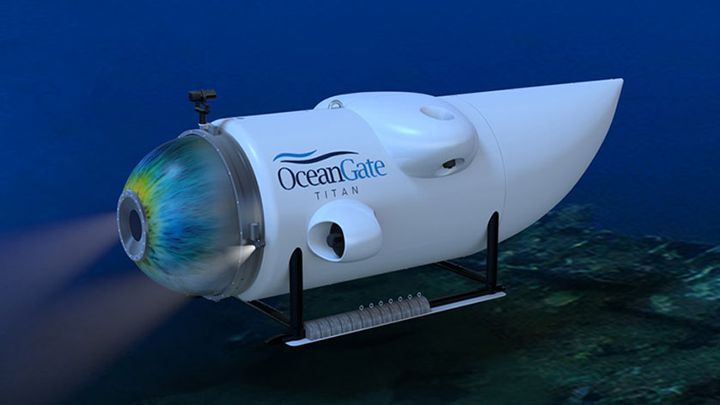Why Tesla is Winning the EV Charging War: Texas Adopts NACS and Leads the Way for Other States

The top manufacturer of electric vehicles (EVs), Tesla, has made significant progress toward setting the benchmark for EV charging in North America. All new EV chargers constructed with federal funding in the state of Texas, where Tesla is headquartered and runs its car factory complex, will need to support both Tesla's "North American Charging Standard (NACS)" and the "Combined Charging System (CCS)" standard, according to a Tuesday announcement.
After Ford, GM, and Rivian, three of Tesla's main rivals in the EV market, declared that they were adopting NACS for their upcoming vehicles and rejecting the Biden administration's efforts to make CCS the default charging standard in the US, Tesla made this choice. On 7,500 miles of the busiest highways in the country, the federal government had set aside up to $7.5 billion in funding for the construction of new, high-speed chargers. However, it stipulated that charging businesses supply CCS connectors to be eligible.
The states are responsible for distributing federal funds. They are given some latitude to change their laws if they adhere to minimum federal requirements. Texas is the first state to mandate NACS connectors on state-sponsored charging stations, supporting Tesla's goal to establish NACS as the national standard for charging. More than 21,000 Supercharger stalls and more than 2,000 Supercharger locations operated by Tesla can be found throughout the US, making up about 60% of all fast-charging outlets.
California, Iowa, and Michigan are a few other states reviewing the evolving charging landscape. They may decide to follow Texas' lead. In a statement to Reuters last week, the California Energy Commission stated: "We are still evaluating the impact of recent charging standard announcements." Some states may even award applicants extra points if they include Tesla charging stations.
The fact that significant automakers and charging businesses have adopted NACS is evidence of Tesla's influence and innovation in the EV sector. NACS, a Tesla-developed proprietary standard, charges more quickly and is less expensive than CCS. When other automakers agree to use NACS and contribute somewhat to the costs, Tesla has also offered to share its Supercharger network with them.
For Tesla owners and other EV drivers, NACS offers several advantages, according to the report:
- NACS is simple for integrators because it only supports electrical and mechanical interfaces in its use cases and communication protocol.
- Tesla owners can charge outside the Supercharger network without an adapter, thanks to NACS, and vice versa.
- NACS is quick and energy-efficient.
- NACS is half the size and twice as powerful as CCS connectors, providing AC charging and up to 1 MW of DC charging.
- To have the NACS technology standardized, Tesla is collaborating with trade associations.
- NACS has secure protocols that allow for "Plug 'n Charge" functionality akin to a Tesla Supercharger, scheduled and reactive load balancing, and bi-directional power transfer, enabling use cases like V2H and V2G.
Removing uncertainty and enhancing convenience when selecting an EV and locating a charger, the switch to NACS may also benefit consumers. If there were a single charging standard, EV drivers wouldn't need to worry about compatibility issues or packing adapters when moving between different states or regions. An expanded, easier-to-use charging infrastructure may also persuade more people to switch from gas-powered to electric vehicles, lowering greenhouse gas emissions and enhancing air quality.
Texas and the rest of North America benefit from Tesla's victory in the race for EV charging infrastructure. Texas is demonstrating its support for its neighbourhood EV company and its outlook on a sustainable future by embracing NACS. By imitating it, other states and automakers could hasten the transition to environmentally friendly transportation and foster a more vibrant and cutting-edge EV market.



